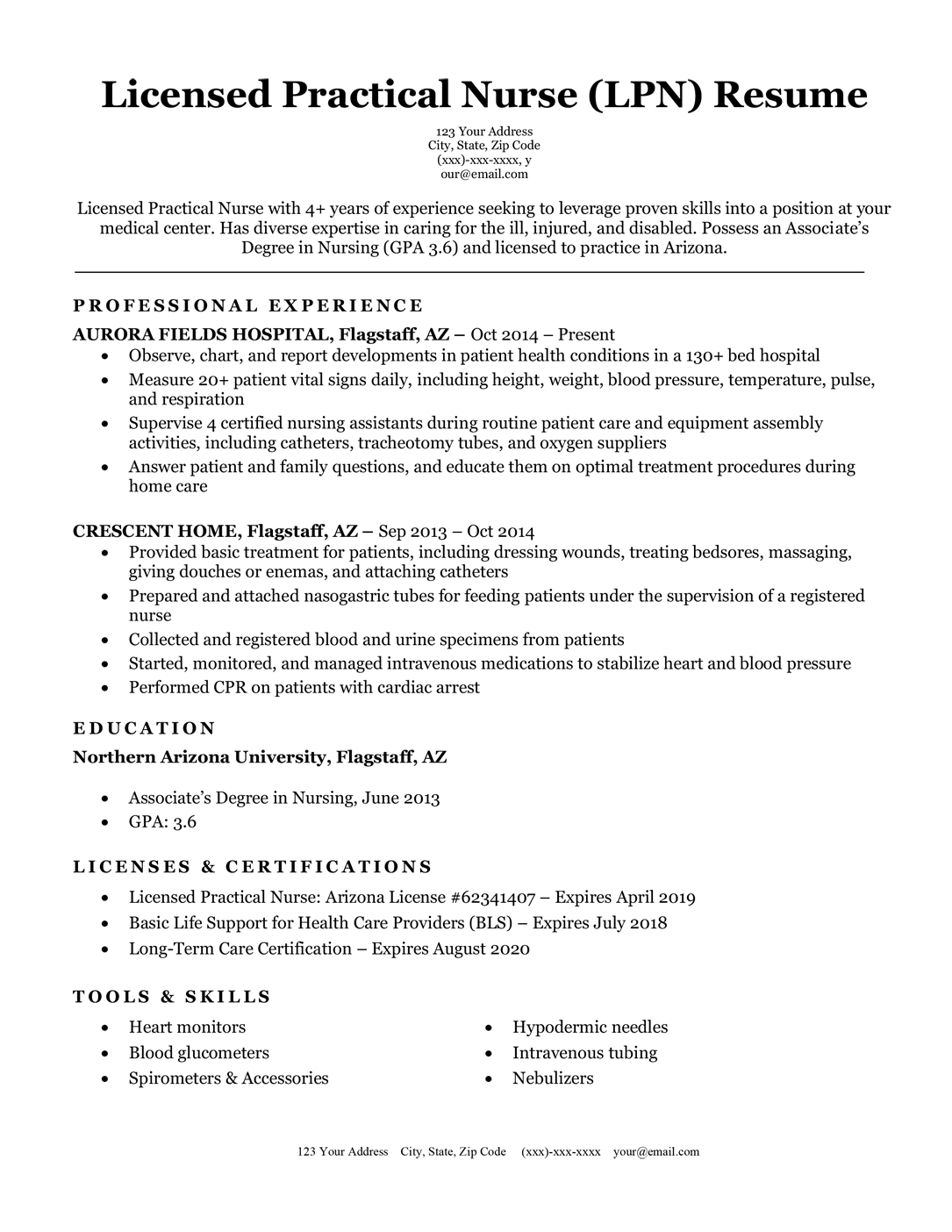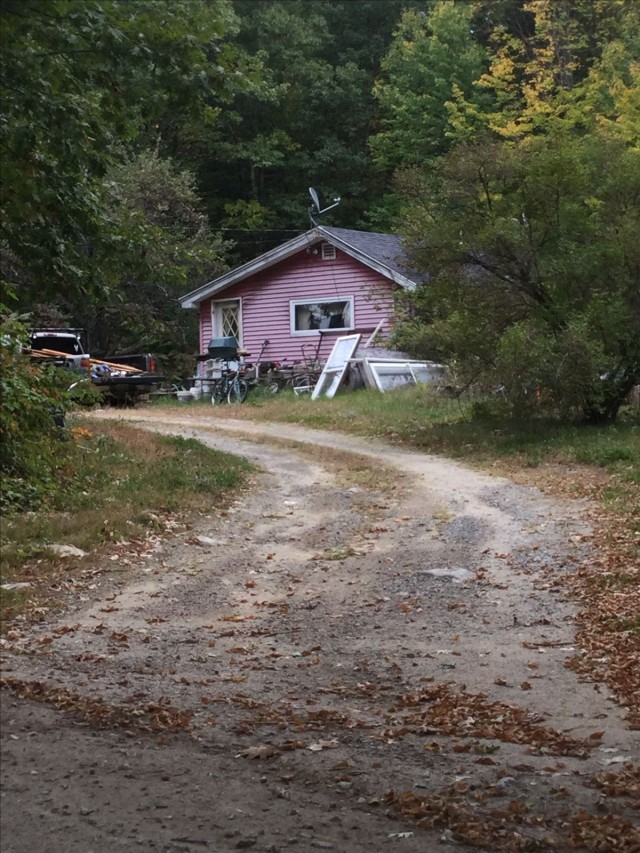

Studies specific to autistic children are much scarcer. That children with disabilities are particularly vulnerable to maltreatment has been replicated in studies going back decades. Maltreatment is an umbrella term that includes neglect and emotional, physical and sexual abuse.

“And I think information from folks who have lived that would be really beneficial to understanding how systems have failed them.” “What we need to do is some of the hard work to find out what’s happening in these systems that allows this to take place,” says Catherine Corr, assistant professor of special education at the University of Illinois at Urbana-Champaign. One important way to develop better support systems, she and other experts say, is to listen to autistic people about how society harms them.
#GET TREATED LIKE TRASH WITHOUT A COLLEGE DEGREE HOW TO#
“Children with autism who have experienced maltreatment or some form of violence are a very vulnerable population, not only because they’re more likely to experience these maltreatment experiences, but we also know very little about how to best support them,” says Christina McDonnell, assistant professor of clinical psychology at Virginia Polytechnic Institute and State University in Blacksburg. Therapies to help treat trauma in people with autism are mostly experimental, so these individuals are often left to fend for their own safety and health. Such maltreatment can cause severe stress and trauma, yet it often goes unrecognized or unreported. Studies suggest that children on the spectrum are up to three times as likely as their neurotypical peers to be targets of bullying and physical or sexual abuse. “You’re the one always getting in trouble,” says Asasumasu, who is now 37, “for what everybody else did.”Įxperiences like Asasumasu’s are a terrible reality for many autistic people. At home, where she says her seven siblings often blamed her for their transgressions, her parents punished her rather than them. Her teachers encouraged her to ignore her tormentors, but she was unable to do so. In middle school, teachers told her mother they thought she was at risk of suicide, but beyond that, she did not feel that the adults in her life ever supported her. Even when she didn’t give in to tears, the insults gutted her. “I cried every day of elementary school.” Some days, she cried so hard that she threw up. “Most of my childhood memories are of other kids being mean to me,” says Asasumasu, who was diagnosed with autism when she was 3.

The following year, classmates locked her in a locker - and then she got in trouble for kicking the door open. Her post-slumber-party meltdown lasted 48 hours. At a slumber party when she was 10, girls poked her, froze her underwear and made a game of seeing how many times they could make her cry. When she was just 5, Kassiane Asasumasu remembers other children taking her belongings and lying about it because they knew that she was face-blind and would not be able to tell on them.


 0 kommentar(er)
0 kommentar(er)
